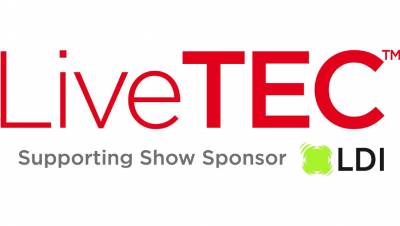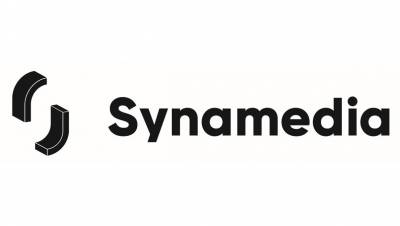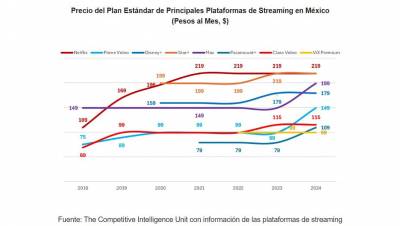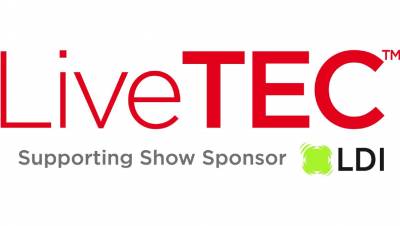 The future of the cloud is currently being defined. Many solutions have been created and located, those that offer an easy-to-use, adaptable and reliable solution, which satisfy the ever-changing desires of users, will prevail.
The future of the cloud is currently being defined. Many solutions have been created and located, those that offer an easy-to-use, adaptable and reliable solution, which satisfy the ever-changing desires of users, will prevail.
Alan Dabul*
In a 2010 survey of more than 2,000 IT chiefs in 50 countries, KPMG, a global network of auditors and analysts, found that by 2014, 40% of them will implement a cloud computing strategy to meet most of their IT needs. The importance of cloud computing is undeniable, and currently many companies are in a dilemma, trying to decide what type of cloud solution best fits the needs of their business model. For anyone in charge of this momentous decision it is important to know the basic information.
What is a cloud?
Although the word "cloud" is on everyone's lips, sometimes, its meaning is unclear.
For consumers, the cloud often means a place outside their laptop or PC where they can store or receive information, whether it's a video, a photograph, or a song they want to share with their friends, or an important document they want to store in a high-security location.
For professional media transmission chains, the cloud can represent a computer system that stores goods that are critical to their day-to-day operations. This computer system can be hosted in a public cloud or in a private cloud.
A public cloud is a set of servers that host a service. It is located outside the premises of a company. The servers are distributed around the world and are owned and managed by a third party, for example, Amazon Elastic Compute Cloud or Windows Azure. It is a service platform implemented through a contract subscription.
A private cloud is a group of servers that are owned and managed by media streaming chains. It is hosted in a single location within the chain's facilities or in a local data center. It is a platform to interconnect several computers and offer services to the entire company, such as the media management system. No other organization can access the private cloud, making it ideal for storing sensitive information.
Purpose and origin of the cloud
The idea behind any type of cloud – public or private – is accessibility. Users turn to cloud computing to access their information from anywhere. However, the two platforms serve different purposes.
The fact that a public cloud is hosted off-premises in the media transmission chain ensures information security in the event of a disaster situation. In addition, because it is managed by an external company, the company avoids the costs associated with administration and maintenance.
On the contrary, the purpose of a private cloud is to protect very important or sensitive information. With this type of cloud it is also possible to have access from anywhere, but the company maintains full control over the access and configuration of its own equipment.
It all started with CERN, the European Organization for Nuclear Research. CERN is one of the world's largest and most respected centres for scientific research. Scientists from more than 600 institutes and universities around the world use CERN's facilities. There the most complex and cutting-edge scientific instruments are used to study what the universe is composed of and how it works. The first version of the Internet was developed by CERN scientists, who were trying to share their results within the organization's facilities. Then this idea evolved into a shared information "space" where information could be disseminated among them, no matter where they were. In this way, the concept of the cloud was born.
Public or private clouds: the pros and cons
The basic difference between public and private clouds is the possession of the equipment or its rental to a cloud service provider. Beyond this, there are other reasons to choose one or the other option. The following table discusses the pros and cons of both cloud types:
|
PUBLIC CLOUD |
|
|
PROS |
CONS |
|
|
|
|
|
|
|
|
|
|
PRIVATE CLOUD |
|
|
PROS |
CONS |
|
|
|
|
|
|
Obviously, each type of cloud computing platform has its merits and disadvantages. The choice depends on the company's security and privacy needs, the desired level of customization, and the resources available. There are some aspects that are important to consider when deciding which option to take.
Costs
A monthly subscription to a public cloud can be made for less than $200, depending on CPU workload, storage capacity, and bandwidth requirements. The company does not have to make any other investments in equipment or maintenance. One of the advantages of the public cloud is that upgrades, upgrades, and advancements are done automatically and account for the monthly subscription, which is ideal for media companies with few financial resources, time, space, and expertise, such as local radio and television stations.
On the other hand, having a private cloud means that a media company buys and maintains its own hardware, software, leased space, and services. While owning this type of infrastructure can be expensive, it is a good choice for organizations with the necessary resources and expertise, due to the security and local control it offers. In fact, for some organizations with rigorous security needs, such as government entities, a private cloud is the only option.
Ease of implementation
A public cloud is designed to be user-friendly and easy to deploy. Users of public clouds (e.g., small local radio stations) are ready to go live in much less time than users of a private cloud. This is partly because a public cloud service is a comprehensive solution that is preconfigured and provides basic customization. A private cloud, on the other hand, is a tailor-made system, offering the organization complete control over the service.
A private cloud requires individuals who are familiar with information technology for its design, implementation, and maintenance. A company with a lot of inside knowledge about how to build systems tends to choose the private cloud model, but the experience and time it takes such a model make it unattainable for some organizations.
Data Centers and Private Cloud
Instead of hosting its own computers on-premises, a company could make the decision to create its own private cloud computing in an on-premises data center. A data center is a secure facility that hosts equipment and offers services to customers, such as disaster-proof power supply and internet access. Data centers offer a level of protection that a standard infrastructure office cannot offer.
Whether an organization decides to deploy a public or private cloud, the key is to look for automation and management software that can work seamlessly with the chosen model. Primestream's FORK® Production Suite is unique in that it can serve both types of customers, a small local TV station that can't afford its own infrastructure, or a government entity that requires a private cloud to have a maximum level of security. FORK can work with any hardware and software and allows all equipment and workflows to work harmoniously, regardless of the solutions a company decides to implement.
One of the main challenges facing the media streaming industry today is to achieve an efficient way to manage multimedia activities carried out in various facilities. These facilities need an easy way to access and manage content around the world. Primestream offers solutions that enable global access to systems that were once confined to the four walls of a facility. In a FORK case study, media conglomerate Discovery Communications can take content produced for North America, change its purpose for Latin America and the rest of the world, and then broadcast that content from headquarters in Maryland or from headquarters in Miami, all using the same cloud environment.
Primestream's philosophy is that by controlling things with computer programs people have the freedom to do what they do best, create. High-profile streaming chains agree with this philosophy and use Primestream's media streaming automation and media management software to gain control over their operations.
*Product Developer at Primestream Corporation.
























Leave your comment